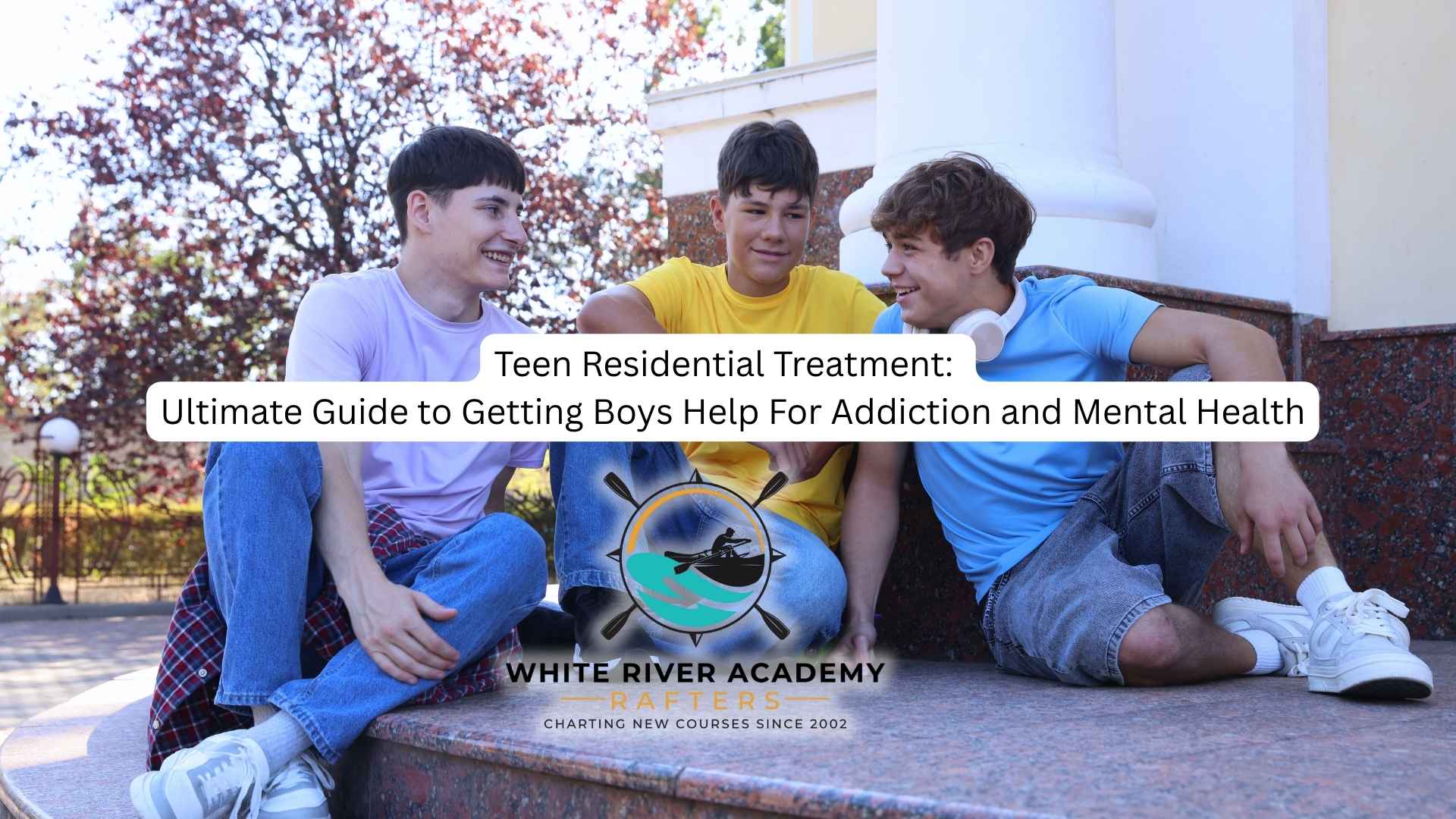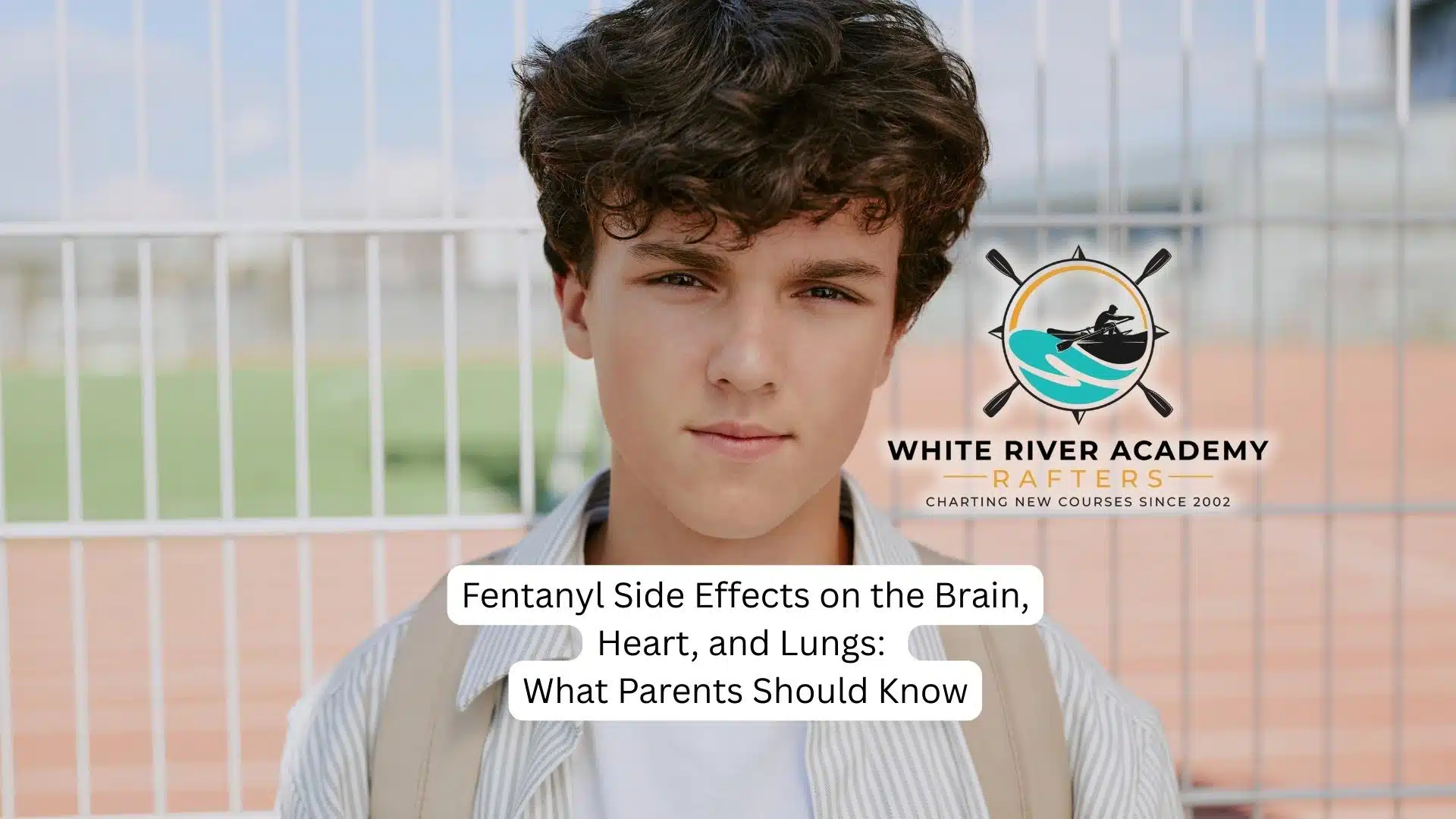Parents often encounter unfamiliar slang when trying to understand teen culture, and one term that raises serious concerns is “sherm.” Knowing what this term means, how it is used, and its risks is essential for guiding and protecting adolescents.
This article provides a clear explanation of what “sherm” refers to, its effects, and why parents need to be aware of its dangers.
Explaining the Meaning of “Sherm”
The word “sherm” refers to a marijuana cigarette, or joint, that has been dipped in liquid PCP (phencyclidine). In some cases, it can also refer to cigarettes dipped in embalming fluid, which may or may not contain PCP. The slang is most often associated with street drug use, and teenagers who mention or encounter the term may be referring to highly dangerous substances. Professional addiction treatment is often necessary when they experiment with or develop patterns around drugs like sherm, as the risks of dependence and psychological harm are significant.
This term’s use is not new—it has been documented in the U.S. since the 1970s. Today, it continues to be a street-level drug that poses significant risks, particularly because PCP is a dissociative hallucinogen with unpredictable effects on the brain and body.
How Teenagers May Encounter the Term
Adolescents may hear “sherm” in conversations at school, through peers, or even in certain music and online content. In some environments, older teenagers or adults may use the term in an attempt to normalize or glamorize risky behavior. It can also appear in coded language used to disguise drug-related activity, making it more difficult for parents to detect. Adolescents who are curious about slang may repeat a word without knowing its meaning, which is why early awareness is important.
Parents should not assume their child’s familiarity with the term means they are experimenting, but awareness is vital. Recognizing this word allows adults to step in early, ask questions, and create space for open dialogue about substance use. Avoid damaging behaviors such as dismissing concerns, reacting with anger, or minimizing the seriousness of drug-related slang, as these responses can create distance and discourage them from opening up. If parents show an understanding of modern slang, they can reduce barriers to communication, signaling to their child that they are paying attention and genuinely invested in their well-being.
The Effects and Dangers of Sherm Use
Using a “sherm” is extremely hazardous because it involves inhaling or smoking PCP. This drug alters brain function, leading to hallucinations, disorientation, paranoia, aggression, and in some cases, violent behavior. Physically, PCP use can cause a rapid heart rate, increased blood pressure, muscle rigidity, and seizures. An overdose can result in coma or death. Even one-time use carries serious risks, and repeated exposure may lead to addiction and long-term cognitive problems.

The effects of PCP also last longer than many other substances. A person may continue to experience lingering confusion or mood swings for hours or even days after using it. In some cases, individuals report flashbacks or sudden episodes of paranoia long after the drug has left their system. For young people, these unpredictable effects can interfere with school, relationships, and emotional development. What begins as experimentation can quickly spiral into lasting harm.
Why Parents Need to Stay Informed
Adolescents are often exposed to terms and behaviors that may not be immediately recognizable to adults. By understanding what “sherm” means, parents can better detect warning signs such as sudden mood changes, unexplained aggression, secrecy around smoking, or unusual physical symptoms like dizziness and disorientation. Even subtle shifts in behavior may be linked to substance exposure, and being informed allows parents to approach these moments with clarity and purpose.
Staying informed empowers parents to have nonjudgmental but firm conversations with their child about substance use. Your child often responds better to factual information than to general warnings. A parent who can clearly explain what this slang term refers to and why it is dangerous may have a greater influence than one who simply says to avoid drugs. Awareness also helps parents connect their children with the right professional resources before curiosity or experimentation becomes dependency.
Supporting Adolescents and Addressing Concerns
If a parent suspects their child is exposed to or experimenting with substances like “sherm,” early intervention is key. Open dialogue that encourages honesty without immediate punishment can help adolescents feel safe sharing their experiences. Asking calm questions about what they know or whether they have seen peers use it can uncover important information. A supportive response increases the chance that a teen will trust their parents when facing difficult choices.
If experimentation is suspected or confirmed, professional support should be sought quickly. Therapeutic programs tailored to troubled adolescents provide education on substance use, coping strategies, and emotional regulation. Family counseling can strengthen communication and help address any underlying issues contributing to risk-taking behaviors.
Final Thoughts from White River Academy
Understanding terms like “sherm” is more than just learning slang, it is about protecting teenagers from the dangers of high-risk substances. Parents who know the meaning and risks are better equipped to step in early and guide their children toward safe, informed choices.
At White River Academy, we are dedicated to helping adolescent boys overcome substance use and behavioral challenges. As a therapeutic boarding school in Utah, our programs integrate evidence-based therapies, strong family involvement, and academic support to ensure that they not only recover but also build the resilience and skills needed for long-term success.




